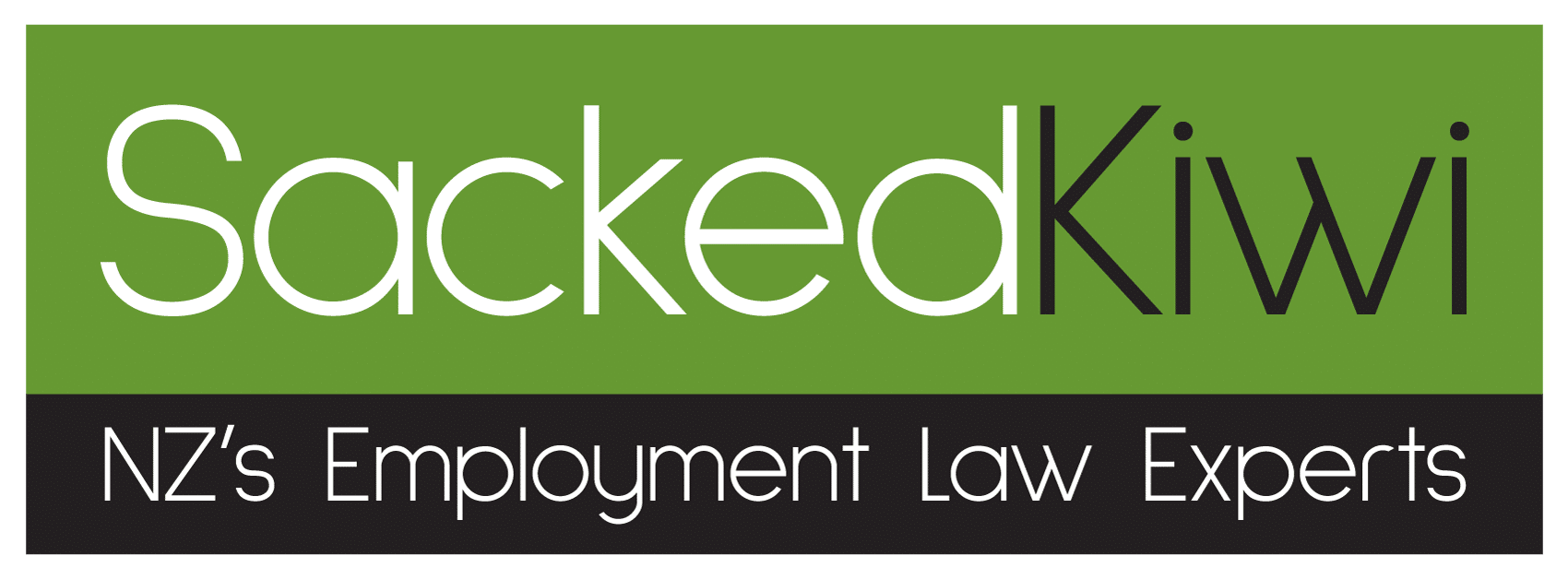In New Zealand, the landscape of work preferences is undergoing a remarkable transformation. Traditional notions of the 9-to-5 office job are giving way to a more dynamic and flexible approach to work. This shift is driven by various factors ranging from technological advancements to changing societal values and economic realities. As a result, both employers and employees are adapting to this new paradigm, reshaping the way work is structured and experienced across the nation.
Shifting Preferences
One of the primary drivers behind this transformation is the rise of remote work enabled by digital technology. With high-speed internet becoming more accessible and reliable, many New Zealanders are embracing the opportunity to work from home or other remote locations. This shift not only offers greater flexibility in terms of work hours and location but also helps individuals achieve a better work-life balance. Commuting times are reduced, allowing employees to reclaim valuable time that can be spent with family, pursuing hobbies, or simply relaxing.
Moreover, the Covid-19 pandemic has accelerated the adoption of remote work practices, prompting both employers and employees to re-evaluate the necessity of traditional office setups. Companies that once hesitated to embrace remote work have now recognized its potential benefits, including cost savings on office space, increased employee satisfaction, and access to a wider talent pool. As a result, many organisations are adopting hybrid work models that combine remote and in-office work, providing employees with the flexibility to choose the arrangement that best suits their needs.
A Generational Difference
Beyond remote work, there is a growing emphasis on purpose and fulfilment in the workplace. Very often millennials and Gen Z, who now comprise a significant portion of the workforce, prioritise meaningful work over traditional markers of success such as salary or status. They seek employers who align with their values, offer opportunities for personal and professional growth, and contribute positively to society and the environment. As a result, organisations that prioritise corporate social responsibility, diversity, and inclusion are increasingly attractive to younger workers.
This shift towards purpose-driven work is evident in the rise of social enterprises and sustainable businesses across New Zealand. From eco-friendly fashion brands to companies focused on community development, there is a growing recognition that profit and purpose can co-exist harmoniously. Employees are drawn to organisations that make a positive impact on the world while also providing a fulfilling work environment.
Impact of the Gigi Economy on Workplace Shifts
Furthermore, the gig economy is gaining traction in New Zealand, offering individuals the opportunity to pursue flexible, project-based work on their own terms. Platforms like Uber, Airbnb, and freelance marketplaces provide a way for people to monetise their skills and assets outside of traditional employment structures. While gig work offers freedom and autonomy, it also raises questions about job security, benefits, and employment rights, prompting discussions about the need for regulatory reforms to protect gig workers.
In addition to these changes, there is a growing recognition of the importance of employee wellbeing in the workplace. Employers are investing in initiatives aimed at promoting mental health, reducing stress, and fostering a supportive work culture. Flexible working hours, wellness programs, and mindfulness activities are becoming increasingly common as organisations recognise the link between employee wellbeing and productivity.
In conclusion, the work preferences of New Zealanders are undergoing a profound transformation driven by technological, social, and economic factors. Remote work, purpose-driven employment, the gig economy, and a focus on employee wellbeing are reshaping the way work is structured and experienced across the nation. As this trend continues to evolve, both employers and employees will need to adapt to ensure that work remains fulfilling, sustainable, and inclusive in the years to come.
Legal Disclaimer
The content posted on the Sacked Kiwis website should not be considered or relied upon as legal advice or opinion. The information presented here is not intended to serve as legal guidance. Over time, laws and regulations evolve, potentially altering the accuracy of previously shared information. Updates in jurisprudence or legislation (for example, changes to the Employment Relations Act), which could happen without immediate notice, may render the legal information on this platform outdated or obsolete. Seeking legal advice is always advisable.
Should you need employment advice, please don’t hesitate to contact us through our toll-free hotline.

